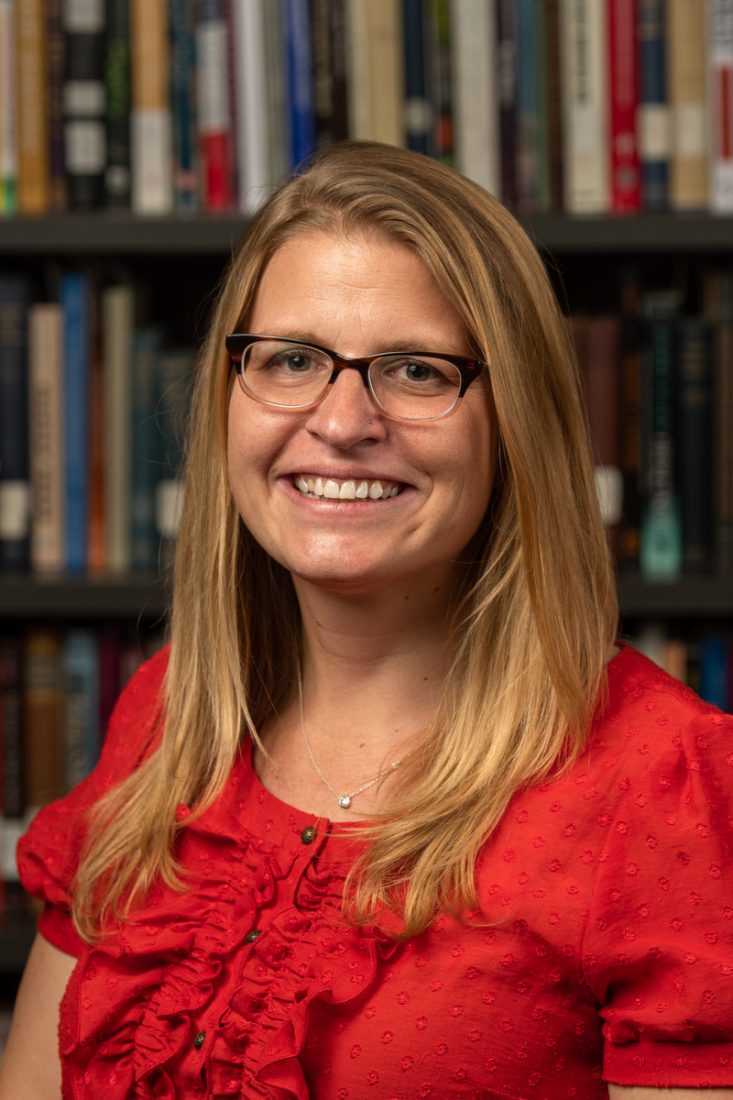Science and Mathematics
K.D. Nelson Lecture: Dr. Rebecca Barnes
April 1, 2021 at 4:00pm – 5:00pm EDT
Virtual (See event details)
This event has already occurred. The information may no longer be valid.

The Department of Earth & Environmental Sciences in the College of Arts and Sciences presents the K.D. Nelson Lecture Series featuring guest speaker, Dr. Rebecca Barnes, an associate professor at Colorado College. She is a biogeochemist and ecosystem ecologist interested in understanding how nitrogen and carbon are exported in terrestrial and aquatic ecosystems. This lecture is presented in conjunction with The Central New York Earth Science Student Symposium.
About the Talk
Dr. Barnes’ talk is titled, Linking Land and Water: The importance of considering multiple pathways. The flux of terrestrial carbon (C) to rivers has increased relative to pre-industrial levels and a fraction of this flux is aged dissolved organic matter (DOM). Once in rivers, C is stored in sediments, exported, or processed and released as carbon dioxide. Analysis of radiocarbon ages and other properties of DOM from streams draining ecosystems ranging from the Arctic to the Amazon, suggests that disturbance alters dominant flow paths, changing the terrestrial sources and processing of carbon and ultimately mobilizing the export of aged C to rivers. By integrating recent work from large data synthesis projects, synoptic surveys, as well as field and laboratory experiments, our work illustrates that C exported from disturbed landscapes is often more bioavailable, even when significantly aged. However, changes in water residence time in altered landscapes often limits in-stream metabolism of DOM. The degree to which changes in C export age, quantity, and quality will govern C fate (metabolism, export, emissions), especially across variable flows and in response to disturbance, remains a critical knowledge gap in biogeosciences. Given the role of inland waters within the global C cycle and the importance of terrestrial carbon to inland water C fluxes, it is critical that we understand how changes in C export and fate represents another short-circuiting of the geologic and modern C cycles by human activities.
Contact earthenvsciences@syr.edu for the Zoom link to participate.
This event was published on March 23, 2021.
Event Details
- Category
- Science and Mathematics
- Region
- Virtual
- Open to
- Current Students,
- Faculty,
- Prospective Students
- Contact
- Department of Earth and Environmental Sciences
earthenvsciences@syr.edu
- Accessibility
- Contact Department of Earth and Environmental Sciences to request accommodations
